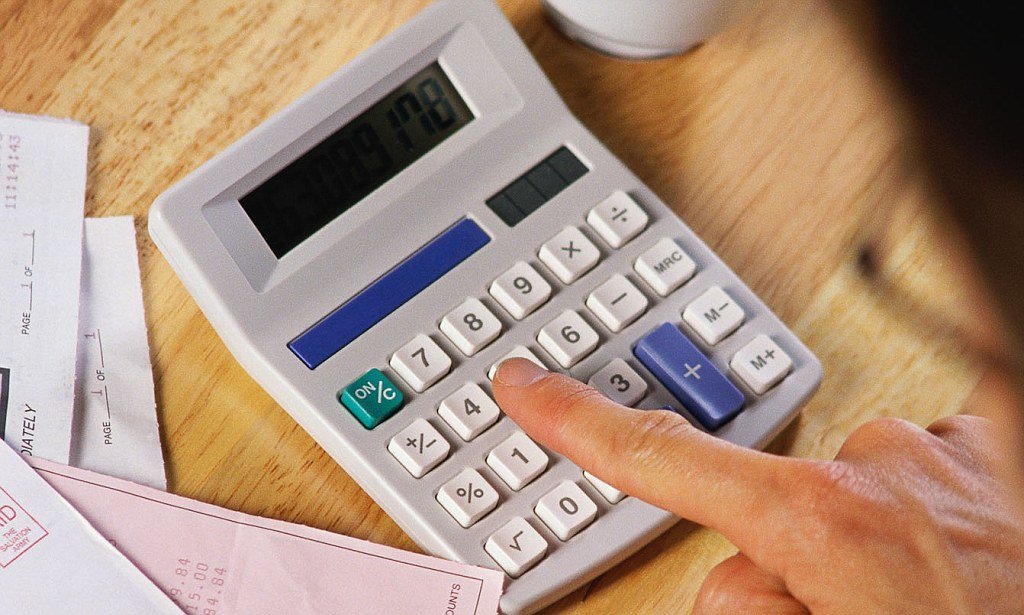Easy and Fast Ways to Calculate Zakat on Wealth
Zakat on wealth is one of the fundamental pillars of Islam. It's not just about occasional donations; it's a religious duty incumbent upon every Muslim who possesses wealth beyond a certain threshold. However, with the complexities of calculations and the intricate religious rulings involved, individuals may encounter challenges in accurately calculating their Zakat obligations. Therefore, in this article, we'll shed light on easy and fast ways to calculate Zakat on wealth.
Determining the Nisab:
The first step in calculating Zakat on wealth is determining whether one's wealth reaches the Nisab threshold or not. Nisab is the minimum amount of wealth upon which Zakat is obligatory, and it is defined by the value equivalent to 85 grams of pure gold or its equivalent in silver. Muslims must understand that if their wealth exceeds this threshold and a lunar year has passed over it, then they are obliged to pay Zakat.
Calculating the Zakat Amount:
After determining the Nisab, the next step is to calculate the amount of Zakat due, which is equivalent to 2.5% of the total value of the wealth possessed. For example, if someone's net worth after deducting debts and essential expenses is $10,000, then the Zakat amount would be $250 (i.e., 2.5% of $10,000).
Utilizing Available Tools:
To facilitate the process of Zakat calculation, individuals can take advantage of various tools available online. There are applications and websites offering Zakat calculators that help in estimating the precise amount to be paid. Users simply input their financial values, and the software computes the accurate amount of Zakat owed.
Referring to Religious Resources:
It's always advisable to refer to reliable religious resources and scholars when seeking guidance on Zakat calculation. Knowledgeable scholars can offer advice and guidance regarding the religious rulings concerning Zakat and its proper application.
Conclusion:
Calculating Zakat on wealth is a religious obligation that every Muslim must fulfill correctly according to religious rulings. By following the simple steps mentioned above and using available tools, individuals can calculate their Zakat obligations easily and fulfill their religious duty towards the community, the poor, and the needy.
Frequently Asked Questions (FAQs) About Zakat Calculation
1. What is Zakat?**
Zakat is a form of almsgiving or charitable giving in Islam, and it's one of the Five Pillars of Islam. It is obligatory for those who possess wealth above a certain threshold to give a portion of their wealth to those in need.
2. How is Zakat Calculated?**
Zakat is calculated based on the value of one's assets that have reached the Nisab threshold and have been in one's possession for a full lunar year. The standard rate for Zakat is 2.5% of one's wealth.
3. What is Nisab?**
Nisab is the minimum amount of wealth one must have before they are obligated to pay Zakat. It is based on the value equivalent to 85 grams of pure gold or its equivalent in silver.
4. What types of assets are subject to Zakat?**
Zakat is typically payable on savings, investments, gold and silver jewelry, business merchandise, agricultural produce, and income from rental properties or investments.
5. Are there any exceptions to paying Zakat?**
Certain assets are exempt from Zakat, such as personal residences, household items, tools used for work, and assets intended for immediate use or sale.
6. How can I calculate Zakat easily?**
You can calculate Zakat easily by using online Zakat calculators available on various Islamic websites and applications. These calculators take into account different assets and liabilities to determine the Zakat amount accurately.
7. Can I delay paying Zakat if I'm facing financial difficulties?**
Zakat is an obligatory duty, and it should be paid as soon as it becomes due. However, if someone is facing genuine financial hardship, they may be exempt from paying Zakat until their financial situation improves.
8. Can I give Zakat to any charitable cause?**
Zakat must be distributed to specific categories of individuals mentioned in the Quran, such as the poor, the needy, those in debt, and others. It cannot be given to general charitable causes unless they fall within the specified categories.
9. Is there a deadline for paying Zakat?**
Zakat becomes due once a full lunar year has passed over one's wealth. It should be paid as soon as it becomes obligatory, typically around the same time each year.
10. Where can I get more information about Zakat?**
You can consult knowledgeable scholars, Islamic books, and reputable Islamic websites for more information about Zakat, its calculation, and its rulings. Additionally, local mosques and Islamic centers often provide guidance on Zakat matters.


 English
English
 العربية
العربية indonesia
indonesia